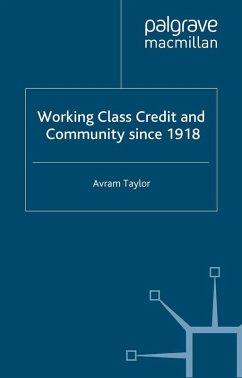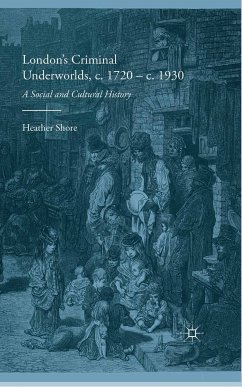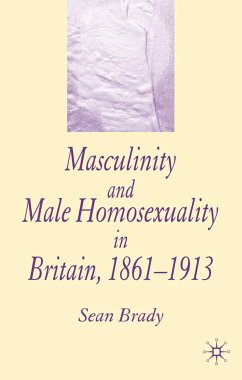
Working-Class Life in Northern England, 1945-2010 (eBook, PDF)
The Pre-History and After-Life of the Inbetweener Generation
Versandkostenfrei!
Sofort per Download lieferbar
40,95 €
inkl. MwSt.
Weitere Ausgaben:

PAYBACK Punkte
20 °P sammeln!
Taking a fresh look the history of northern working-class life in the second half of the twentieth century, this book turns to the concept of generation and generational change. The author explores Zygmunt Bauman's bold vision of modern historical change as the shift from solid modernity to liquid modernity.
Dieser Download kann aus rechtlichen Gründen nur mit Rechnungsadresse in A, B, BG, CY, CZ, D, DK, EW, E, FIN, F, GR, HR, H, IRL, I, LT, L, LR, M, NL, PL, P, R, S, SLO, SK ausgeliefert werden.












